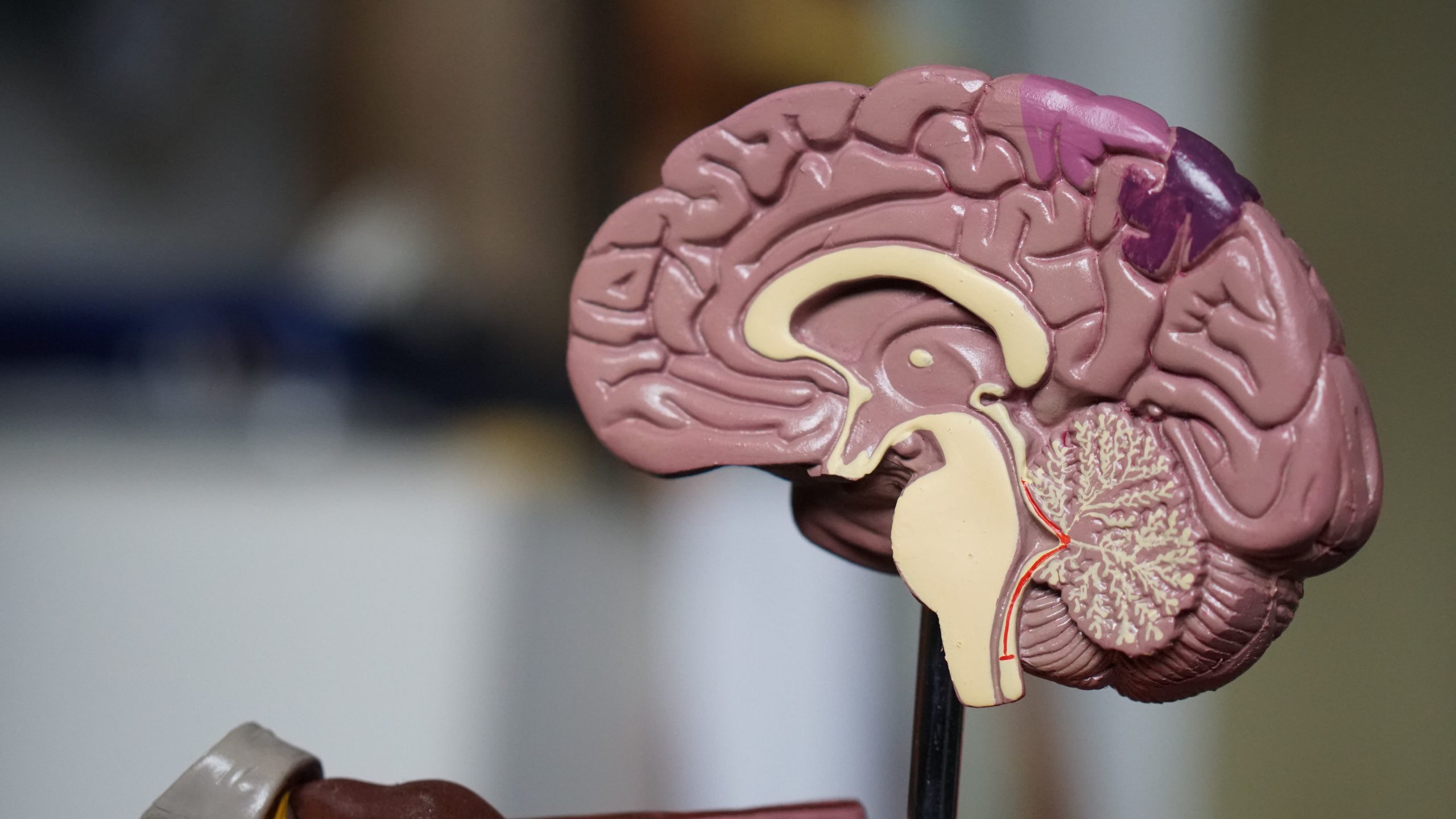Our brains are amazing. They are the control centers for our whole body, and they make us who we are. But for some people, it can feel like they are fighting a constant battle with their brain. People who have experienced trauma, such as violence, abuse, a serious injury or a natural disaster, are at risk for developing a condition called Post-Traumatic Stress Disorder (PTSD). PTSD impacts the way in which a person’s brain functions.
 There are three specific areas of the brain that are impacted by traumatic events. The first is called the amygdala. The amygdala’s job is to help control emotions, survival instincts, and memory. This is the area of the brain responsible for our “fight or flight” response. For someone who has experienced trauma, the amygdala can become hyperactive, making the person intensely aware of everything around them. This is the brain’s way of making sure that the person is able to get away from people, places or events which might cause them harm. This can make it very difficult for someone to relax, sleep or find joy in activities outside of their “comfort zone.”
There are three specific areas of the brain that are impacted by traumatic events. The first is called the amygdala. The amygdala’s job is to help control emotions, survival instincts, and memory. This is the area of the brain responsible for our “fight or flight” response. For someone who has experienced trauma, the amygdala can become hyperactive, making the person intensely aware of everything around them. This is the brain’s way of making sure that the person is able to get away from people, places or events which might cause them harm. This can make it very difficult for someone to relax, sleep or find joy in activities outside of their “comfort zone.”
The second area of the brain that is impacted is called the hippocampus. This area of the brain aids in learning and memory. Studies have shown that people who have experienced traumatic events may have a smaller hippocampus than those who haven’t. Research has shown that this may be due to hormones that are released when someone experiences frequent, high levels of stress. Prolonged exposure to these hormones can damage or destroy cells in the hippocampus. People with PTSD may have a hard time forming memories, but may have vivid memories of the trauma they have experienced. Situations that remind people of their trauma can cause feelings of extreme panic and fear.
The third area of the brain that is impacted is called the prefrontal cortex. This part of the brain is responsible for regulating emotions. The prefrontal cortex helps to control the activity of the amygdala. For people who have not experienced significant trauma, their prefrontal cortex will signal to the amygdala that certain situations or people are safe. This will calm down the “fight or flight” response. However, in people who have experienced trauma, the prefrontal cortex will have a hard time regulating fear and other emotions. This can lead to frequent feelings of panic and anxiety as well as dysfunctional reactions to situations that are not harmful.
 So what does this all mean? For people who have experienced trauma, their brains have developed a way to help keep them safe. They become hyper-aware of their surroundings and feelings of fear often keep them from situations they perceive as dangerous. Unfortunately, this also means that people with PTSD may experience frequent fatigue, restlessness, fear and miss out on enjoyable activities. The good news? These changes in the brain are not permanent!
So what does this all mean? For people who have experienced trauma, their brains have developed a way to help keep them safe. They become hyper-aware of their surroundings and feelings of fear often keep them from situations they perceive as dangerous. Unfortunately, this also means that people with PTSD may experience frequent fatigue, restlessness, fear and miss out on enjoyable activities. The good news? These changes in the brain are not permanent!
There are different types of therapies that have been shown to help people overcome the impact PTSD has had on their life. Desensitization Therapy and Trauma-Focused Cognitive Behavioral Therapy (TF-CBT) are just two types of treatments which have been shown to be successful in helping to combat symptoms of PTSD. Certain medications have also been shown to be helpful for people who have experienced trauma.
If you or someone you know has experienced trauma, please reach out for assistance. Your primary doctor or care coordinator can be a great source of information and can help refer you to someone who can help. You can find joy and peace again!
Written by Jennifer Parks, LMSW, the Clinical Assessment Specialist at the Arc of Monroe’s Article 16 Clinic.
We hope this blog is helpful to you! Our Health Services team at The Arc of Monroe is a wealth of information. Our staff is made up of experienced professionals who primarily support people with disabilities. To learn more about who they are, visit our Health Services page. If you’re interested in working with us at The Arc of Monroe, visit our careers page. If you’d like to give and help make valuable resources like this possible, you can give online.

